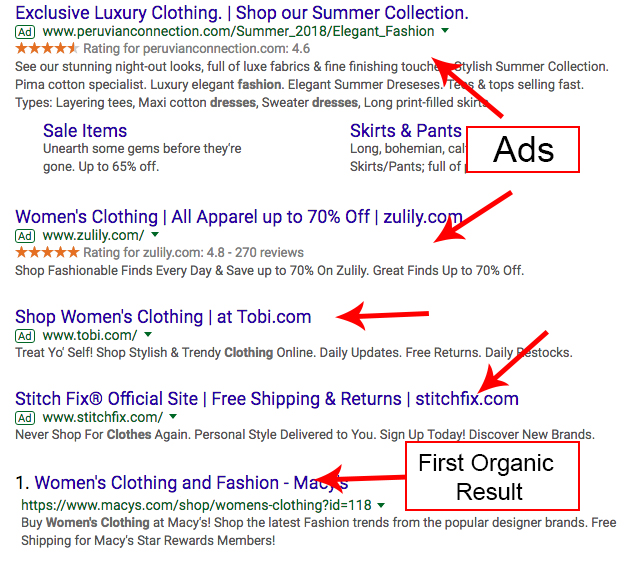Someone once wrote, “A good reputation is more valuable than money.” That bit of wisdom has been proven time and again. From small restaurants to big car companies, nothing can affect a business’s bottom line faster than a reputation gone sour. But many entrepreneurs forget that reputation can also play a big role in a business’s “Findability.”
The Five Factors of Being Findable.
Being “Findable” means a business is visible to consumers where and when they’re ready to buy. There are five key marketing components or factors that help identify how findable a business is to consumers including: Brand, Physical Location, Advertising, Online Presence, and Reputation & Community. The degree at which a local business is engaged in each factor plays an important role in determining their overall visibility. But one of the most dynamic of the five is arguably Reputation & Community.
Reputation & Community.
For years, being involved in your local community through sponsorships, memberships, and charities was an important part of keeping up your business’s findability, goodwill, and brand loyalty. But today there are countless online places consumers can go to generate word of mouth about the companies—big or small—that they have experiences with. Sometimes that word of mouth is complimentary, sometimes it can be outright damaging to business. Either way, that information is out there for existing and potential customers to see and use when deciding whether to buy from you. So it’s important to keep a close eye on what’s being said about your business in order to engage any damaging word of mouth in a timely fashion.
Listening.
The most important thing you can do in managing your reputation is to listen. Local businesses that listen to their customers benefit by not only understanding how people feel about them, but they have the opportunity to guide the conversation rather than react to it. But, in order to listen, you have to know where you’re being talked about. Today, that means monitoring social media networks, blogs, review sites and more to see what’s being said about you. That’s where the concept of “reputation management” comes in.
Reputation management.
Simply put, reputation management is the process of tracking what is being said about your business. For some, it may help to think of reputation management as a little bit like constant credit monitoring for your business. With credit monitoring, experts always say to check your credit every year, get an updated score, and review your report for unknown blemishes that you may be able to fix. However, with reputation management, checking only once a year for marks against your business is usually too late to undo any damage. Countless prospects may have already seen the detrimental information, believed it—whether it was true or not—and passed you over for a competitor. Reputation management provides an omnipresent electronic ear to the ground so you know what information is being said about your business in today’s instant social media world.
The Big Four of reputation.
There are four main areas that local businesses should think about when considering an online reputation:
- Visibility – Regardless of what kind of business you own, it needs to be visible in all the places people might find you online. That includes search engines, directories, industry/professional sites, local sites, and more. Where are you appearing? Are there reviews on any sites you may not be familiar with? Can your customers find your best reviews?
- Reviews – What are your customers saying about you? Are you responding to these in the right way? Reviews aren’t just for movies and restaurants anymore. Everything from attorneys to zoos gets reviewed by consumers these days and many times those reviews get republished on other sites. So it’s more important than ever to monitor what’s being said about you.
- Social Media – What is the “buzz” around your business? Can your customers find you on Facebook? Are they mentioning you in their status updates or tweeting about you? Are they checking into your business on Foursquare?
- Competition – It’s as important to keep an eye on your competition as it is to monitor your own reputation. What are their customers saying? Are you being mentioned in the same comments? How can you learn from that?
You’re not helpless.
Almost every business eventually drops the ball at some point. And that disappointed customer may vent their frustrations in ways that will be less than flattering to your business. So while you can’t control what they say and where they say it, you can control how and when you’re able to respond to it. Reputation management provides businesses the opportunity to address a negative situation and turn it around into a positive one. You’ll look like a caring and responsive business in the eyes of other customers by making your gesture in a public forum. So you could not only win back the customer you might’ve lost but possibly gain dozens more with your proactive response.
Start monitoring your reputation today.
There are a number of reputable companies offering reputation management tools that make it easy for small businesses to monitor what’s being said about them. Results Matter advertisers have a free summary tool located within their account management system, where they can get a snapshot of their reputation across the web. Businesses can get a sense of how accurate their listings are, how many reviews they have, and how their social pages are doing. Or, they can even upgrade to a premium reputation management level and get important what and where details, view a breakdown of reviews by site, see exactly what your customers are saying, update your listings across the web with one click, and manage your social pages.





